In an era where security breaches pose significant threats to both individuals and organizations, implementing robust access control measures is paramount. Access control refers to the selective restriction of access to a particular resource or area. Whether it’s a physical location, a digital system, or sensitive information, effective access control ensures that only authorized entities gain entry while keeping unauthorized individuals at bay.
Types of Access Control:
Physical Access Control: This involves regulating entry to physical spaces such as buildings, rooms, or facilities. Methods include traditional locks and keys, access cards, biometric scanners, and keypad entry systems. Physical access control not only safeguards assets and personnel but also helps in monitoring and tracking movements within a premises.
Logical Access Control: Unlike physical access control, logical access control governs entry to digital assets like computer networks, databases, and software applications. It involves authentication mechanisms such as usernames and passwords, multifactor authentication, cryptographic keys, and digital certificates. By verifying the identity of users, logical access control prevents unauthorized access to sensitive data and systems.
Benefits of Access Control Systems:
Enhanced Security: Access control systems act as the first line of defense against unauthorized intrusions, theft, and vandalism. By restricting access to designated areas, organizations can prevent potential security breaches and protect valuable assets.
Improved Compliance: Many industries are subject to regulatory requirements regarding data protection and privacy. Access control systems help businesses comply with such regulations by ensuring that only authorized personnel can access sensitive information.
Increased Productivity: Streamlined access to resources boosts productivity by allowing employees to focus on their tasks without unnecessary delays. Moreover, access control systems can provide insights into employee movements and attendance, facilitating better resource allocation and workforce management.
Remote Access Management: Modern access control solutions offer remote management capabilities, allowing administrators to grant or revoke access privileges from anywhere with an internet connection. This feature is particularly beneficial for organizations with distributed workforces or multiple locations.
In conclusion, access control plays a crucial role in safeguarding physical and digital assets, mitigating security risks, and ensuring regulatory compliance. By investing in robust access control systems, businesses can fortify their defenses against evolving threats and maintain a secure environment for their operations. Whether it’s securing a corporate office, a data center, or an online platform, implementing effective access control measures is essential in today’s interconnected world.
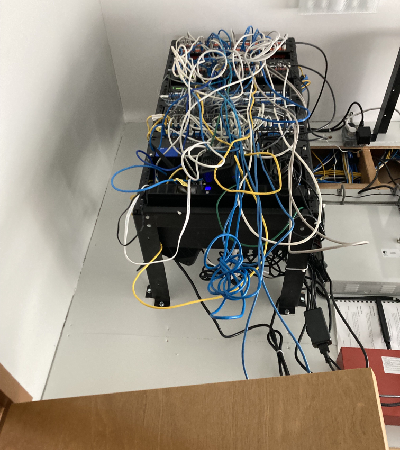
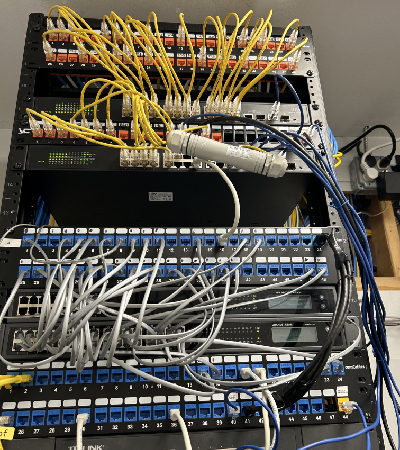
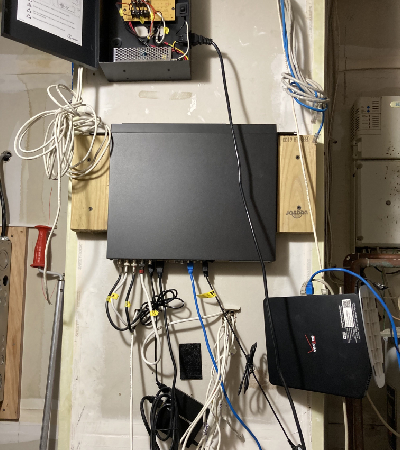
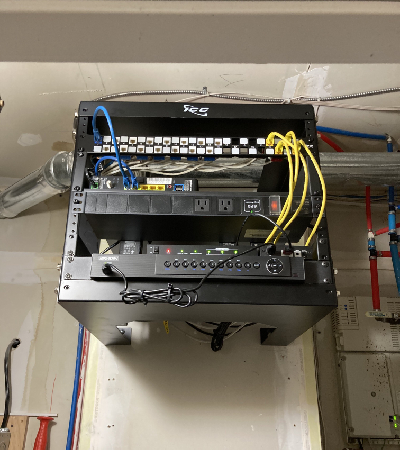
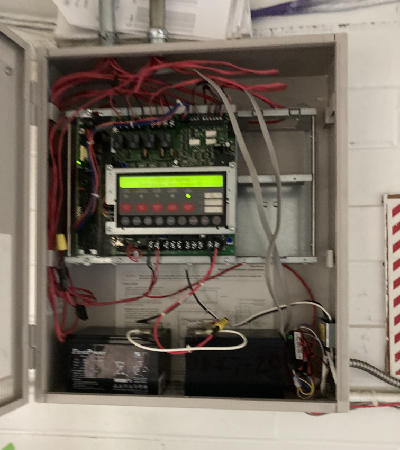
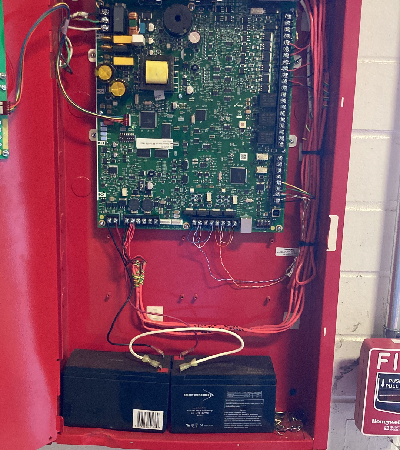
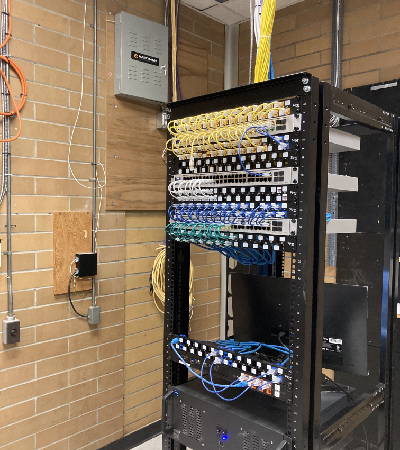
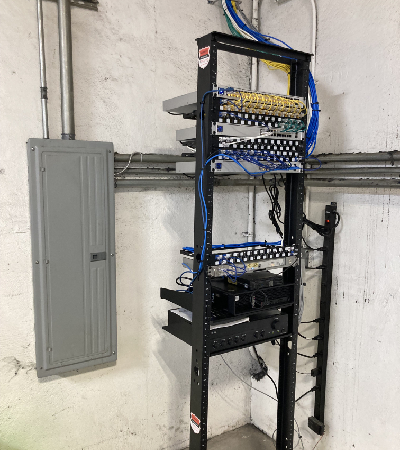
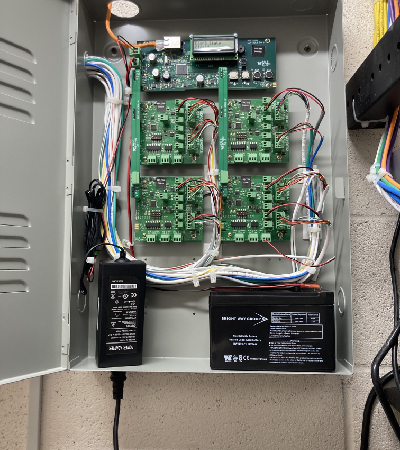
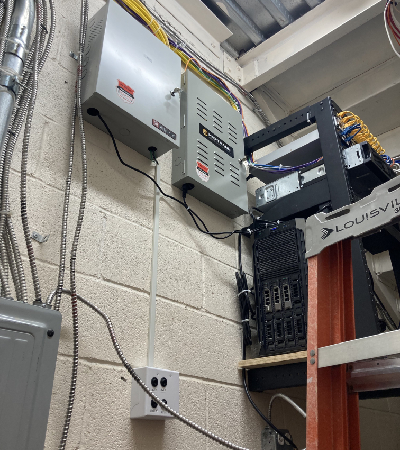
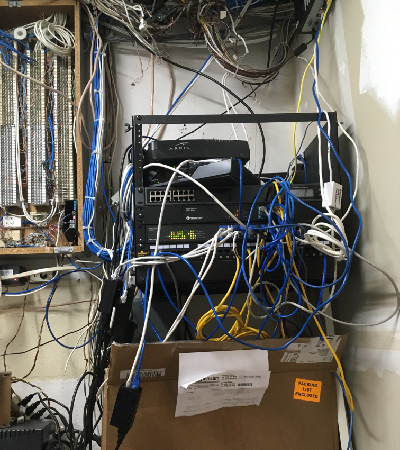
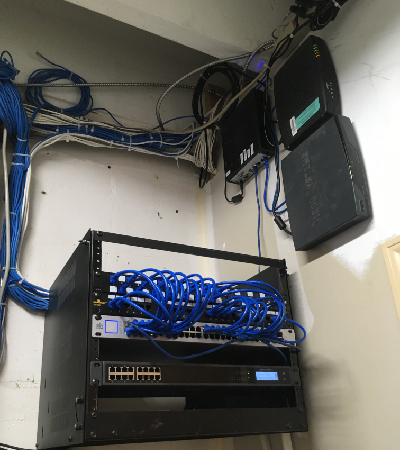
Copyright © 2024. All rights reserved